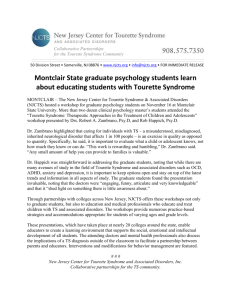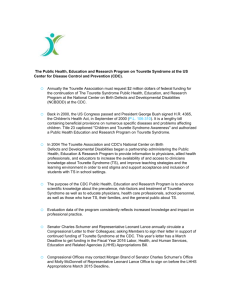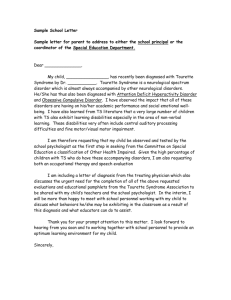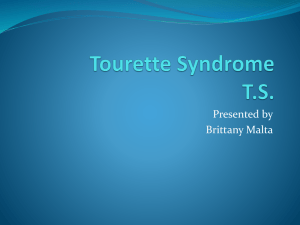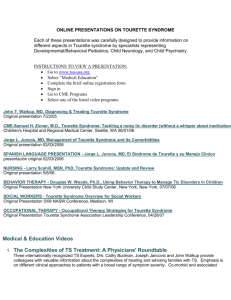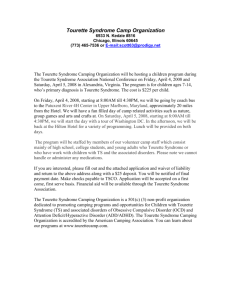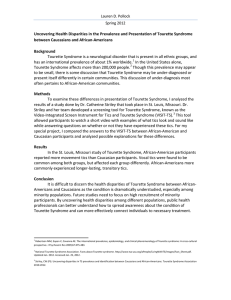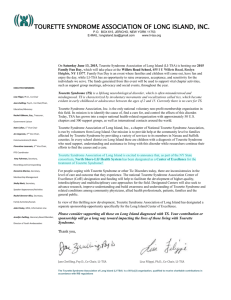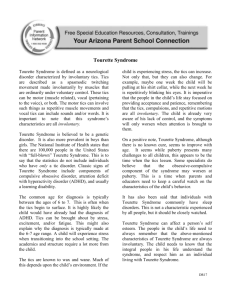sires genetics
advertisement
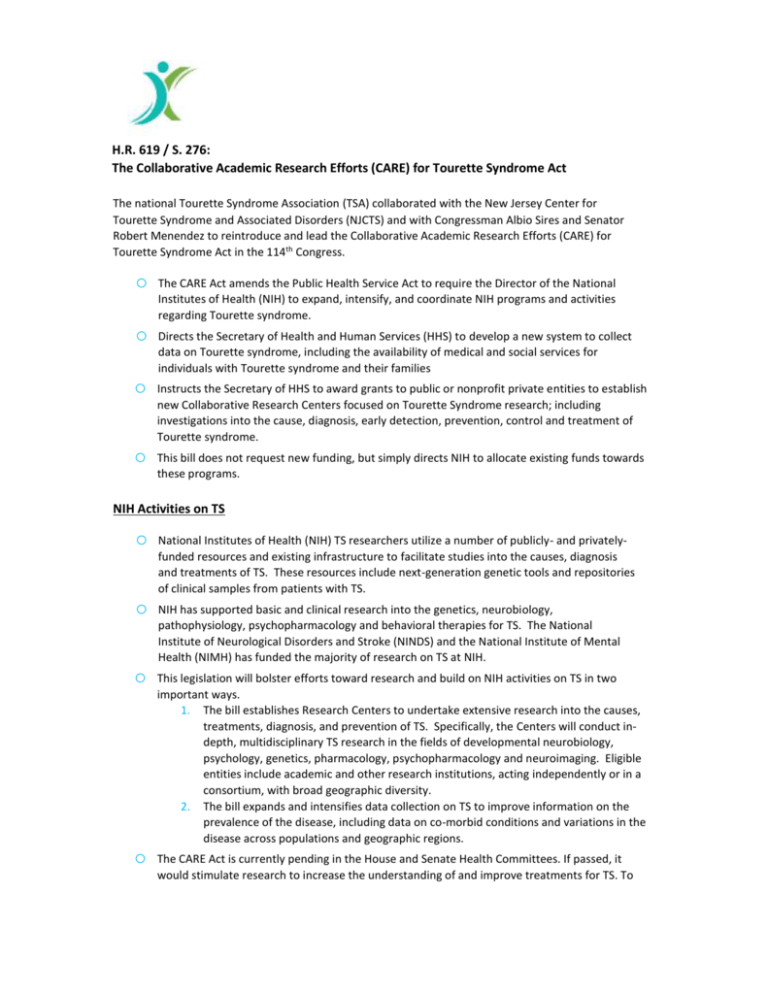
H.R. 619 / S. 276: The Collaborative Academic Research Efforts (CARE) for Tourette Syndrome Act The national Tourette Syndrome Association (TSA) collaborated with the New Jersey Center for Tourette Syndrome and Associated Disorders (NJCTS) and with Congressman Albio Sires and Senator Robert Menendez to reintroduce and lead the Collaborative Academic Research Efforts (CARE) for Tourette Syndrome Act in the 114th Congress. o o o o The CARE Act amends the Public Health Service Act to require the Director of the National Institutes of Health (NIH) to expand, intensify, and coordinate NIH programs and activities regarding Tourette syndrome. Directs the Secretary of Health and Human Services (HHS) to develop a new system to collect data on Tourette syndrome, including the availability of medical and social services for individuals with Tourette syndrome and their families Instructs the Secretary of HHS to award grants to public or nonprofit private entities to establish new Collaborative Research Centers focused on Tourette Syndrome research; including investigations into the cause, diagnosis, early detection, prevention, control and treatment of Tourette syndrome. This bill does not request new funding, but simply directs NIH to allocate existing funds towards these programs. NIH Activities on TS o o o o National Institutes of Health (NIH) TS researchers utilize a number of publicly- and privatelyfunded resources and existing infrastructure to facilitate studies into the causes, diagnosis and treatments of TS. These resources include next-generation genetic tools and repositories of clinical samples from patients with TS. NIH has supported basic and clinical research into the genetics, neurobiology, pathophysiology, psychopharmacology and behavioral therapies for TS. The National Institute of Neurological Disorders and Stroke (NINDS) and the National Institute of Mental Health (NIMH) has funded the majority of research on TS at NIH. This legislation will bolster efforts toward research and build on NIH activities on TS in two important ways. 1. The bill establishes Research Centers to undertake extensive research into the causes, treatments, diagnosis, and prevention of TS. Specifically, the Centers will conduct indepth, multidisciplinary TS research in the fields of developmental neurobiology, psychology, genetics, pharmacology, psychopharmacology and neuroimaging. Eligible entities include academic and other research institutions, acting independently or in a consortium, with broad geographic diversity. 2. The bill expands and intensifies data collection on TS to improve information on the prevalence of the disease, including data on co-morbid conditions and variations in the disease across populations and geographic regions. The CARE Act is currently pending in the House and Senate Health Committees. If passed, it would stimulate research to increase the understanding of and improve treatments for TS. To Co-sponsor the bill Congressional Offices may contact Michael Bernard of Senator Robert Menendez Office and Kaylan Koszela of Representative Albio Sires Office.

